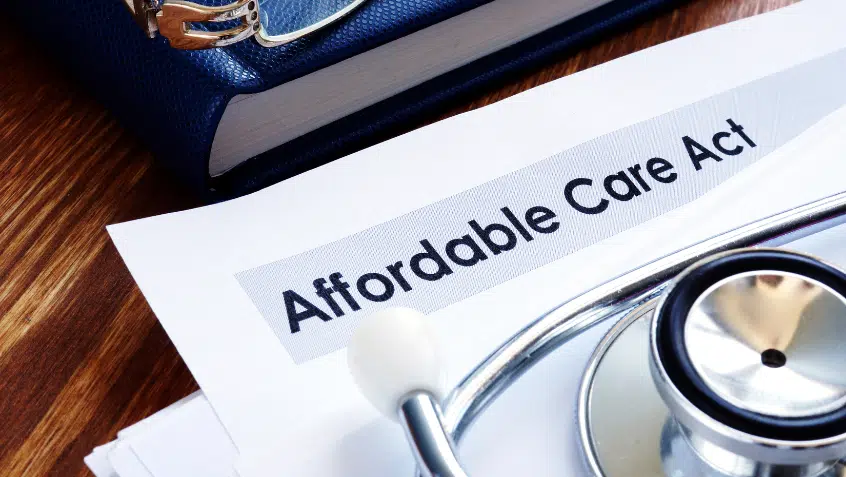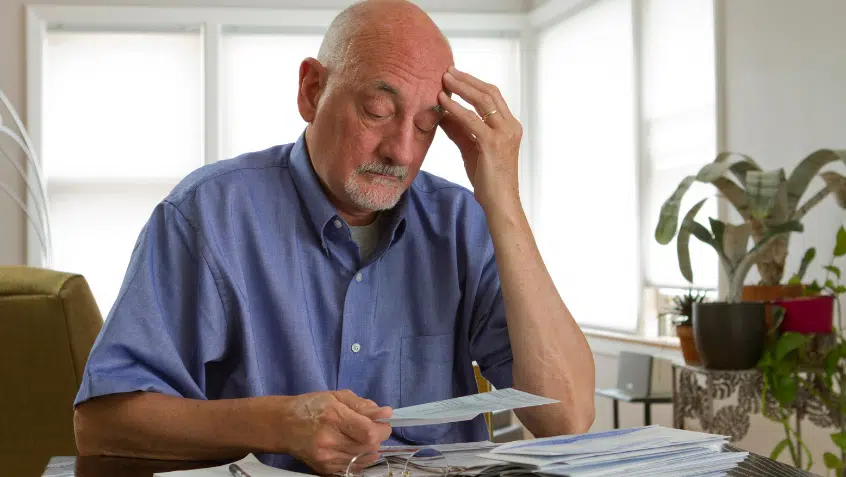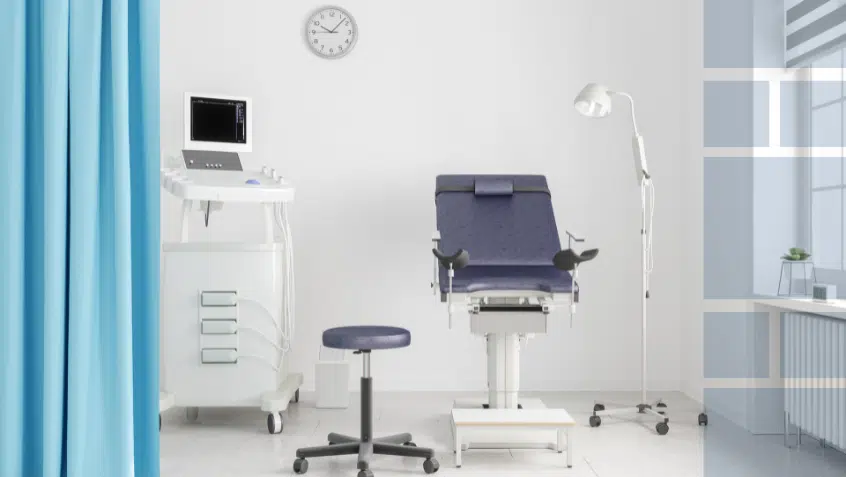Take Action: Tell your senators to reject harmful cuts to health care!
Investing in Medicaid HCBS is Good for Medicare

This week, Medicare Rights joined with Justice in Aging to create a fact sheet showing how gains in Medicaid home- and community-based services (HCBS) would be a good thing for people with Medicare and the Medicare program. As Congress debates increasing funding for HCBS in the budget reconciliation bill, we urge them, and state leaders, to work to advance the availability and equity of this important benefit.
Despite Medicare’s vital role in providing access to high-quality affordable care, there are gaps in its coverage that can expose beneficiaries to high costs and cause them to forgo needed care. One such gap is Medicare’s lack of coverage for long-term services and supports that can help people remain safely in their homes as they age. As a result, Medicare beneficiaries must look elsewhere for this care, which can include assistance with daily activities, like eating and personal care, as well as help getting out into the community, grocery shopping, and other essential tasks.
Those who can afford it may pay out of pocket, but most can’t—and typically rely on Medicaid HCBS. The costs for one year of home care far exceed the savings of a quarter of all people with Medicare, and at least half of Hispanic and Black enrollees, and many others, would deplete their savings in just a year or two.
Without access to Medicaid HCBS, many Medicare beneficiaries with limited income and savings might end up in the emergency room or nursing facilities that are initially paid for by Medicare to get necessary daily care and services. This, in turn, drives up Medicare costs, and can also reduce beneficiary well-being and economic stability.
Increasing HCBS investments would improve the lives of beneficiaries and those of the people who provide in-home care, both paid and unpaid. Another resource, a research report from the Urban Institute, lays out some of the benefits of an additional federal investment in HCBS like the Better Care Better Jobs Act which would put $400 billion into the program to better meet current and future needs. This includes shoring up the professional workforce to ensure people have the help they need when they need it.
Join us as we continue to urge Congress to strengthen the Medicare program through investing in HCBS, expanding access to dental, vision, and hearing services, and reducing the cost of prescription medicines. These steps would increase access to high-quality, affordable care and improve the lives of older adults, people with disabilities, and their families.
Read the fact sheet on Medicare and HCBS.
Read the research report from the Urban Institute on federal investment in HCBS.
Show Comments
We welcome thoughtful, respectful discussion on our website. To maintain a safe and constructive environment, comments that include profanity or violent, threatening language will be hidden. We may ban commentors who repeatedly cross these guidelines.
Help Us Protect & Strengthen Medicare.
Donate today and make a lasting impact.
The Latest
Most Read
Add Medicare to Your Inbox
Sign up to receive Medicare news, policy developments, and other useful updates from the Medicare Rights.
View this profile on InstagramMedicare Rights Center (@medicarerights) • Instagram photos and videos









